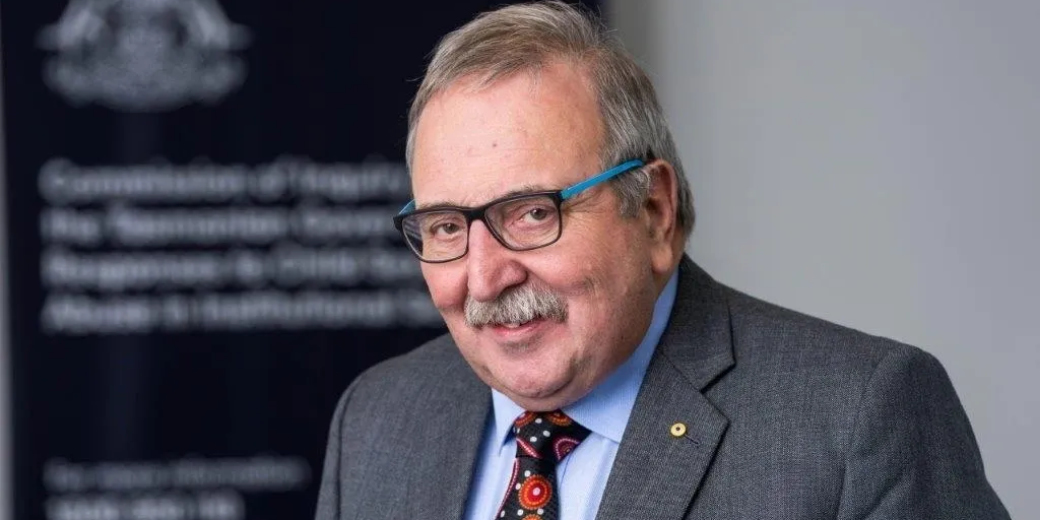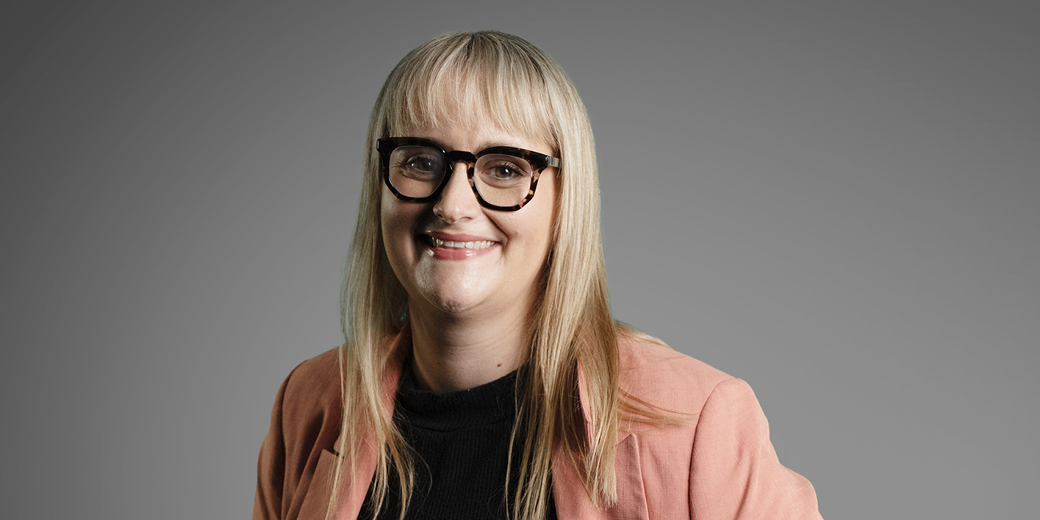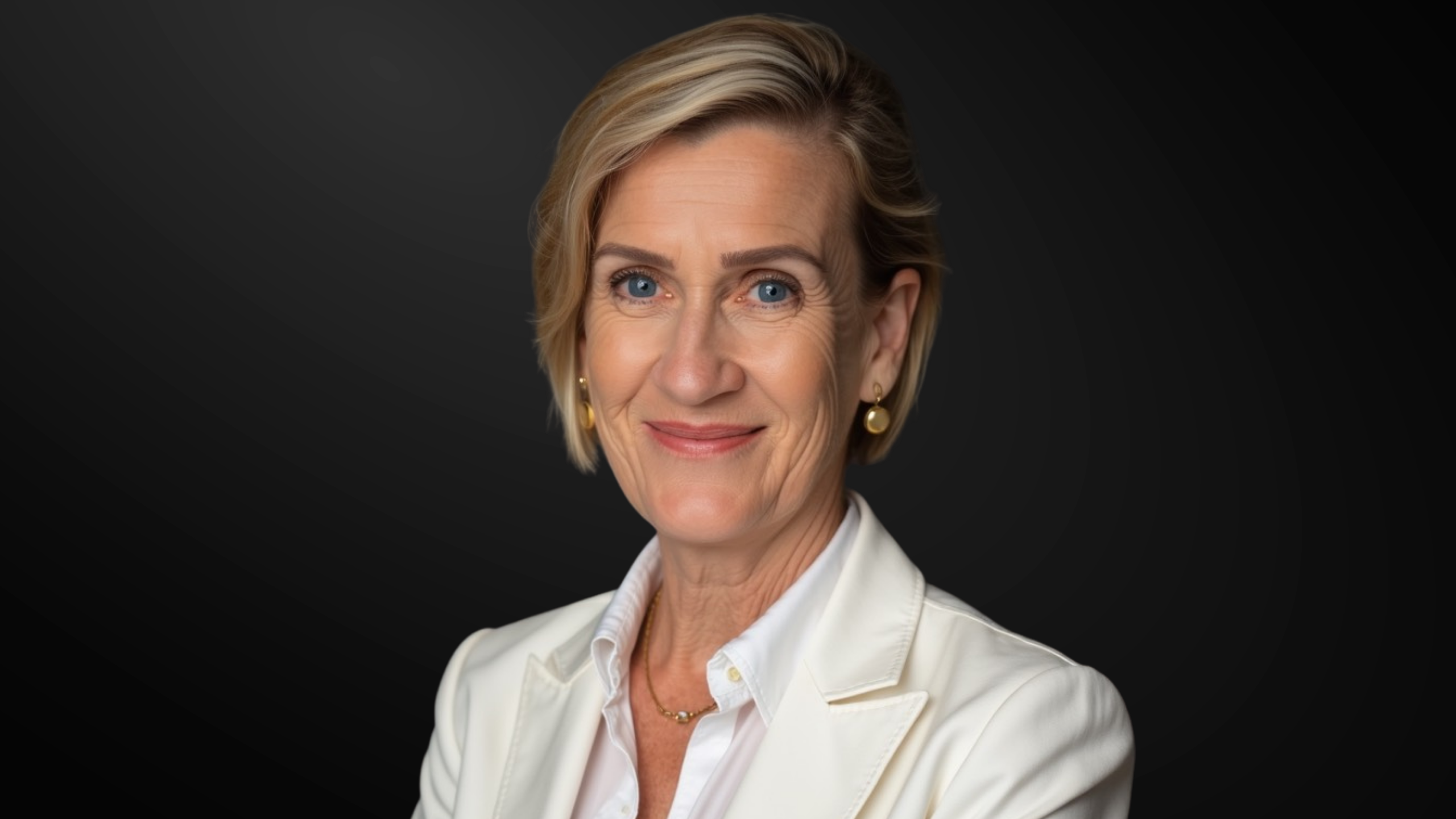The Honourable Robert Benjamin AM SC has been a leading light in the Australian family legal system for decades. Admitted to legal practice in 1975, Robert spent 30 years practising family law and child protection prior to his appointment to the bench in 2005.
In his roles as Judge, Commissioner, President of the New South Wales Law Society, Chair of the Board of Governors for the College of Law, practitioner and mediator – Robert has had a profound impact on many areas of the law and continues to do so today. Internationally, Robert has assisted with the development of non-adversarial dispute resolution in countries including Indonesia, Japan, Zimbabwe and Cambodia.
Currently serving on the College of Law’s Academic Committee and providing arbitration and mediation services, we asked the former Justice of the Family Court of Australia for insights into his extraordinary career and today’s family law practices.
The pull of the law and a love/hate relationship with study
An accident that threatened his sister’s life led to Robert living with his uncle and aunt at a young age while his parents cared for his sibling. Robert formed a close bond with his uncle who was a Tasmanian solicitor and later president of the Tasmanian Law Society in the 1970s. It was this relationship, and facing possible conscription in the late 1960s, that encouraged Robert to take up legal studies.
“I did not feel comfortable shooting at people or being shot at by people. In undertaking legal studies, if my conscription became a reality, I could defer. Or the Whitlam Government could be elected…”
For someone so successful it is surprising to hear Robert was a “terrible student” who did not attend school regularly and did the bare minimum for his solicitor admission board studies just scraping through most subjects. And yet, these years were some of Robert’s most meaningful.
“I enjoyed the social life and the excitement of the times that were profoundly changing, I formed wonderful friendships which continue to this day.”
Robert’s initial aversion to study and vow to “never study again” was short-lived, instead Robert became a passionate life-long learner. Not long into his practice Robert recognised the need to keep up to date enrolling into a Macquarie University seminar and turning into a “CLE junkie”.
In the 1980s mediation was introduced in NSW and Robert found this approach far more satisfying than the black-and-white adversarial system that was “full of conflict and aggression”. Robert studied to be a mediator and in the early 1990s commenced a masters degree at the University of Technology Sydney. One of the most beneficial aspects of his masters was learning to use the library properly and getting a handle of new technology including the Internet.
“The Internet suddenly gave suburban solicitors access to a broad range of cases and laws that was not otherwise available to them.”
Robert attended several summer schools at Harvard University on mediation, dispute resolution and gender-based negotiation, which he found transformative in his practice. He then became an accredited specialist in family law and was accepted as an independent children’s lawyer.
The journey from family law practitioner to Justice
“I became a solicitor shortly before the commencement of the Family Court. It was an amazing time with the applications for divorce coming out of the woodwork. We learnt to deal with family law from the ground up and without troubling parties about the reasons for their separation, at least initially, and using counsellors and conciliators.”
Robert found his mediation skills were an important tool in practising family law and a “wonderful” way to resolve conflict so that parties could get on with their lives and their children’s lives. The training and education Robert pursued opened his eyes to new ways of practising law and to broader social issues, like the systemic challenges inflicted upon First Nations Australians. This prompted Robert to get involved in policy work and he sought election to the council of the Law Society of New South Wales.
“It was an eye-opener; we could influence our statutes, and we learnt all sorts of valuable things about practice and the law on its various committees.”
In 1998 Robert was asked to serve on the Board of the College of Law. The College was a newly independent entity and CEO Neville Carter was in the process of taking the organisation from paper-based to online. Robert became president of the Law Society and later Chair of the College of Law as it expanded nationally and overseas. Robert’s eventual appointment to the bench was unexpected.
“I had been doing a lot of mediation as well as court work, however, my approach was conciliator, and outcome focused. My partner Garry Watts had been appointed as Justice of the Family Court in the April, and I was satisfied that I would not be going down that path given the rarity of solicitor appointments to superior courts of records,” Robert says.
“Out of the blue I was asked to move from Sydney and go to Tasmania to take up the role of Family Court judging in that state. I wondered how a non-adversarial mediation approach would work in a court. In Tasmania, there would only be one judge of the then Family Court.”
A different approach to the law
In his varied legal roles Robert has employed a unique approach, one informed by his mediation training and love of collaboration. From choosing not to wear a wig as a Justice, to applying mediation processes to the courtroom.
“I applied mediation processes when interacting with parties and applied the law of course. I wanted to make court a safe and secure workplace for legal practitioners and safe for all parties, including parties who had suffered family violence. The result was a very good settlement rate, not a capitulation rate,” Robert explains.
Robert also approached seeing children in a different way, meeting them with their psychologist or independent children’s lawyers to garner first-hand views.
“I believe judges should routinely listen to children directly, not indirectly, after all the cases are generally about them. As adults we can turn adult eyes to a problem, which for a child is entirely different. In every interaction with the child and their independent children's lawyer or counsellor I gained some insights I would not have gained by listening to their evidence secondhand.”
The adversarial and often competitive delivery of the law is something Robert has shied away from, instead seeking out more collaborative pathways. Over the years Robert has witnessed this approach reap rewards that would have otherwise been missed. In his late 40s he moved to a larger law firm where they held weekly education and brainstorming sessions for all staff including senior practitioners.
“In these sessions we discussed changes to the law and at various times we all had to prepare papers on changes to the law. If we attended courses, we were expected to come back and set out what we had learned from those experiences,” Robert says. “It encouraged us to continue with ongoing formal and informal legal education. It improved our practices and improved our enjoyment of work and our satisfaction arising from it.
“We were also encouraged to bring out the terrible files that we were struggling with. We would find solutions to those files together and take away the anxiety of having that file sitting in the corner of the room not being addressed.”
Challenges within the family law system
While major reforms are underway in the Australian family law system with the Family Law Amendment Bill 2024 bringing much needed change, Robert would like to see further reform and a more inquisitorial approach.
“The costs imposed upon parties to prepare evidence and deal with the documents, particularly people of modest means or people with limited means or no means, can make access to Family Law an illusion rather than the reality. Legal Aid can help but it is poorly funded despite the expertise and dedication of Legal Aid legal practitioners,” Robert says.
In fact, Robert believes the system’s costs have moved away from what is necessary, fair or reasonable.
“I am not convinced that fees in family law are proportionate. I have no trouble with solicitors charging high fees in high worth cases, however, sadly with the price of housing in Sydney everyone is treated high worth and the possibility of parties rehousing after divorce is often unrealistic.”
“This ought not be taken as a criticism of the current Chief Justice who has done wonders in obtaining resourcing for the court and modernising its systems,” Robert confirms. “Although I do think its current limitation on the length of affidavits in proceedings are far too restrictive given the complex nature of the Matters now before the courts.”
While Robert would like to credit legal practitioners with managing to resolve complex family disputes outside of the court system, it is often those difficult cases that make it to court hearings that are extremely complex and challenging.
“How does a woman who has been subjected to decades of abuse and violence tell her story within the 10 page limit set? Family law stories tend to be ongoing lives rather than single events,” Robert explains.
Keeping perspective as a lawyer
One piece of advice Robert has for other legal professionals is to make time for personal reflection and to ask: Are you heading along the best path for you, as well as your clients?
“It was in my late 20s and early 30s when my wife and I commenced having children that I reflected on where I was going and how to be a better husband to my wife and a better father to our children,” Robert shares. “I had seen the marriages of many colleagues fall over given their dedication to work to the detriment of their families. Work is important but families are far more important. It is worthwhile sitting down outside of your office and reflecting on those balances earlier in your career.”
A source of support Robert has always valued is that of friends and mentors throughout his career, he points out we should not be isolated - nor live and work in silos.
“When I was reflecting on my career in my early 40s I had a couple of friends who are very close, one a barrister who had worked with me in my early career and gone on to become a judge. These were people I could talk to, express my successes and frustrations with practice. They gave guidance as to where I should go, and I listened to them. I was encouraged to become involved with the Law Society and encouraged to undertake formal postgraduate study.”
Robert’s final thoughts are on the importance of ongoing formal and informal education and development.
“The skills you can pick up through education are invaluable. They enable you as a practitioner to challenge the status quo better, enjoy legal practice more and help you be a better legal practitioner for your clients. It also teaches you skills to better value your family and your life, and to better understand yourself.”



















































